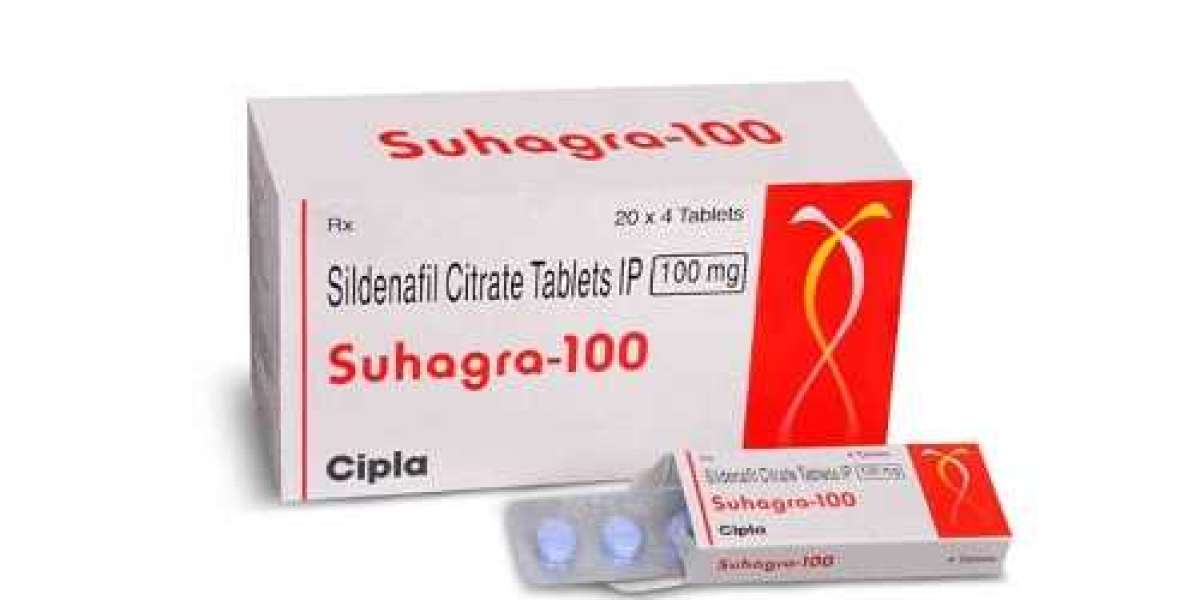Mebendazole 100mg is a widely recognized and clinically trusted antiparasitic medication used to treat several types of intestinal worm infections. This medication plays a critical role in deworming treatment protocols worldwide and is highly recommended by healthcare professionals due to its effectiveness and low risk of side effects. Whether you're dealing with a minor infection or trying to prevent reinfestation in a community setting, understanding how Mebendazole works and when to use it can significantly aid recovery and protection.
This comprehensive guide explains everything you need to know about Mebendazole 100mg—including its uses, how it works, dosage guidelines, side effects, and key precautions. It’s tailored for anyone seeking accurate information, whether you're a first-time user, caregiver, or simply curious about its medical relevance.
Overview of Mebendazole
Mebendazole is a type of anthelmintic, a class of drugs that kills parasitic worms. It works by disrupting the worms’ ability to absorb glucose, essentially starving them until they die and are expelled naturally through bowel movements. This process is both effective and generally well tolerated.
The drug comes primarily in a 100mg tablet form and may be chewable or swallowable. It’s available under several brand names and is prescribed globally for the treatment and management of worm-related infections in both adults and children.
How Does Mebendazole Work in the Body?
After oral intake, Mebendazole acts locally in the intestines, where most parasites reside. It inhibits microtubule formation in the worms, interfering with their cellular structure and metabolism. This disruption prevents them from absorbing nutrients, particularly glucose, which is vital for their survival.
Once weakened and immobilized, the dead worms are removed from the body through regular bowel movements. This mechanism of action makes Mebendazole highly effective for intestinal parasites without requiring high systemic absorption.
What Infections Can Mebendazole Treat?
1. Pinworm (Enterobiasis)
Pinworm infection is one of the most common parasitic infections, especially in children. Symptoms include intense anal itching, disturbed sleep, and irritability. A single dose of Mebendazole 100mg is usually effective, with a follow-up dose recommended after two weeks to prevent reinfection.
2. Roundworm (Ascariasis)
Roundworms are large parasites that inhabit the small intestine. Mebendazole is effective in eliminating them over a three-day course, taken twice daily.
3. Whipworm (Trichuriasis)
Whipworms affect the large intestine and may lead to chronic diarrhea or rectal prolapse in severe cases. Mebendazole is effective in treating whipworm infections with a multi-day dosing regimen.
4. Hookworm (Ancylostomiasis)
Hookworms attach to the intestinal lining and feed on blood, potentially leading to anemia and fatigue. Mebendazole is widely used to remove hookworm infections through targeted deworming strategies.
5. Mixed Infections
In areas with poor sanitation, patients may suffer from mixed worm infestations. Mebendazole’s broad-spectrum activity makes it an ideal choice for clearing multiple types of worms with a single medication.
Who Should Take Mebendazole?
Mebendazole is generally recommended for:
Adults and children above 2 years suffering from worm infections.
Family members of infected individuals to prevent household-wide reinfection.
School or daycare communities during an outbreak of pinworm or other parasites.
Travelers or residents in high-risk regions with poor hygiene and sanitation.
Always consult a physician for proper diagnosis and prescription. Self-treatment is not advised, especially in young children or immunocompromised individuals.
Recommended Dosage and Administration
The dosage of Mebendazole varies depending on the type and severity of the worm infection.
Pinworms: A single 100mg tablet. Repeat after 2 weeks if reinfection risk is high.
Roundworms, Hookworms, Whipworms: 100mg taken twice daily for 3 consecutive days.
Mixed Infections: Follow physician recommendations based on stool test results.
Mebendazole can be taken with or without food, and the tablets can be chewed, swallowed whole, or crushed and mixed with food. This flexibility is especially helpful when administering it to children or those with difficulty swallowing pills.
Mebendazole Tablets IP 100mg Uses
Used globally for the treatment of intestinal parasitic infections, Mebendazole tablets IP 100mg uses include targeting worms like pinworms, roundworms, whipworms, and hookworms. This broad utility makes it a go-to medication in both individual and mass deworming programs. (✅ Keyword used exactly once)
Important Precautions to Consider
Before taking Mebendazole, keep the following precautions in mind:
Avoid use during pregnancy, especially the first trimester.
Not suitable for children under 2 years old, unless advised by a doctor.
Inform your healthcare provider about any existing liver issues.
Discuss any current medications, as drug interactions are rare but possible.
Always complete the full course of treatment, even if symptoms improve early.
Side Effects and How to Manage Them
Mebendazole is usually well tolerated. Most side effects are mild and transient:
Nausea or vomiting
Abdominal pain or discomfort
Diarrhea
Headache
Flatulence
If you experience symptoms like severe allergic reactions, rash, or breathing difficulty, seek medical attention immediately. These reactions are very rare but can be serious.
Can You Miss a Dose? What to Do
If you forget a dose:
Take it as soon as you remember.
If it’s close to your next dose, skip the missed one—never double up.
Missing doses can reduce treatment efficacy and increase the risk of reinfection.
Preventing Reinfection
Treatment alone is not enough. Proper hygiene and cleanliness are vital in breaking the cycle of reinfection.
Personal Hygiene Tips:
Wash hands thoroughly before eating and after using the toilet.
Trim fingernails regularly to reduce dirt and egg accumulation.
Shower daily and wear clean clothes.
Environmental Cleaning:
Wash bedding, towels, and underwear in hot water.
Disinfect bathroom surfaces and toilet seats frequently.
Vacuum carpets and clean floors, especially in shared living spaces.
Availability and Storage Instructions
Mebendazole 100mg tablets are available in pharmacies under various brand names. In some countries, they are available over the counter, while others require a prescription.
Store in a cool, dry place away from direct sunlight. Keep out of reach of children.
Final Thoughts
Mebendazole 100mg is an effective, safe, and versatile treatment for a wide range of intestinal worm infections. Its proven track record, global approval, and ease of use make it one of the most commonly prescribed antiparasitic medications today. Whether you're using it to treat a minor pinworm infection or a more complex mixed infestation, understanding its proper use is essential to achieving full recovery.
Combining treatment with proper hygiene, timely re-dosing, and environmental cleaning ensures the highest chance of complete parasite elimination and long-term protection.
Look at this: Generic Cures




